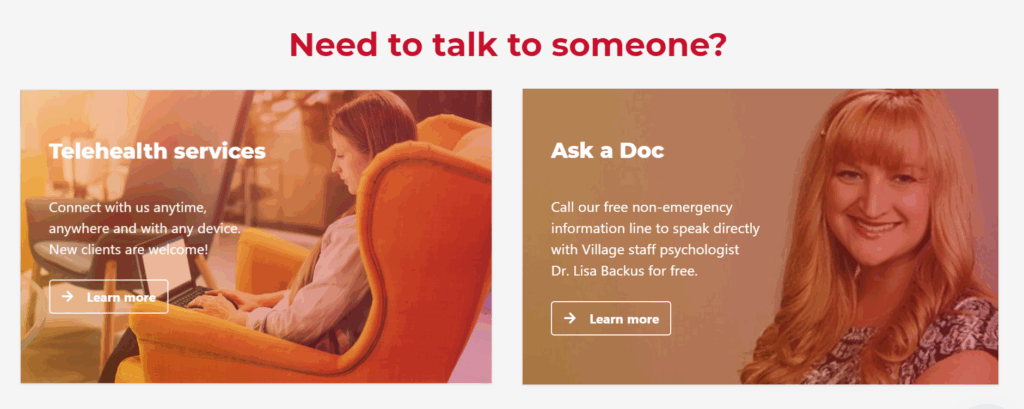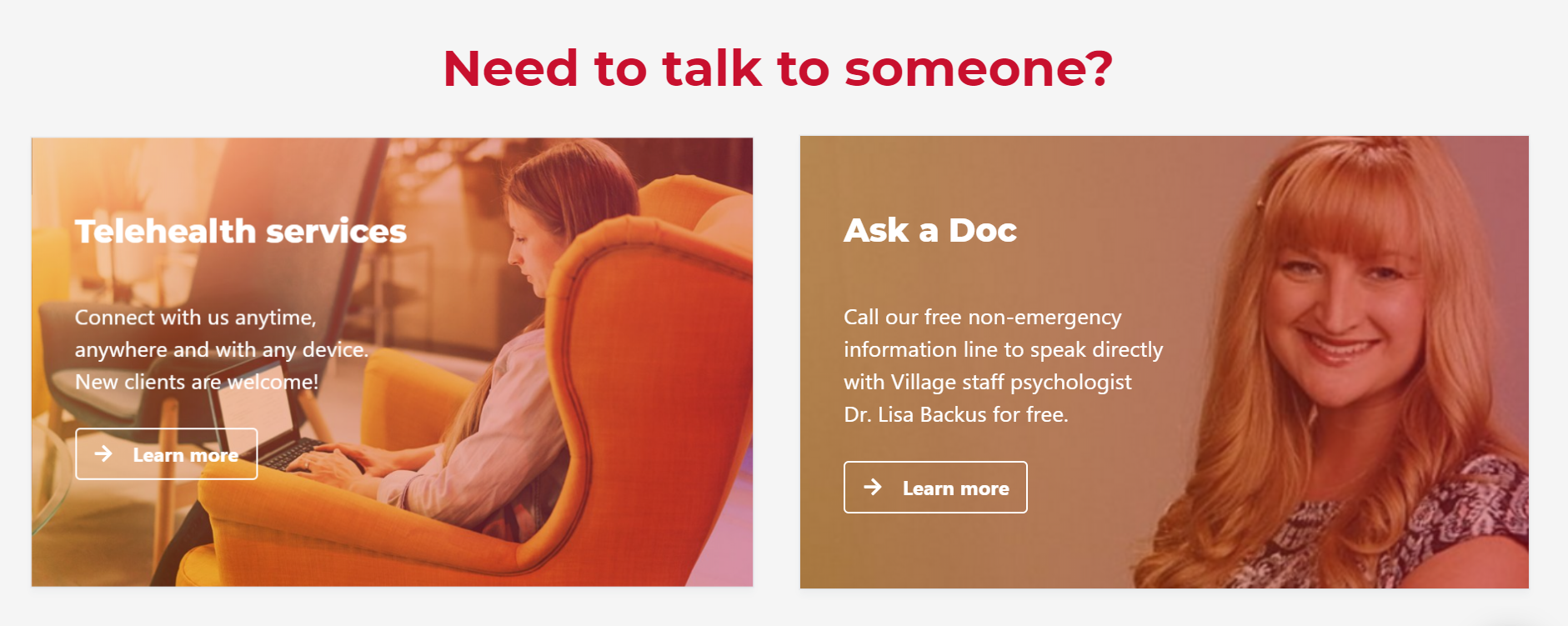
The Importance of Having Someone to Talk To: Why Connection Matters
In today’s fast-paced and often isolating world, the simple act of having someone to talk to can be profoundly impactful. Whether it’s a friend, family member, therapist, or even a supportive colleague, having a trusted confidant can make all the difference in navigating life’s challenges and celebrating its joys. This article explores the multifaceted benefits of having someone to talk to, delving into the psychological, emotional, and social advantages that come with genuine human connection. We will discuss why it’s crucial to prioritize building and maintaining these relationships, and offer practical tips for fostering deeper connections in your own life. Having someone to talk to isn’t just a luxury; it’s a fundamental need for our well-being.
The Psychological Benefits of Verbal Connection
Talking to someone about your thoughts and feelings can significantly improve your mental health. The ability to articulate your inner world helps to process emotions, reduce stress, and gain clarity. When you keep your feelings bottled up, they can manifest as anxiety, depression, or even physical ailments. Having someone to talk to provides an outlet for these emotions, allowing you to release tension and gain a fresh perspective. This is why having someone to talk to is beneficial.
Reducing Stress and Anxiety
Stress and anxiety are pervasive issues in modern society. Talking about your worries can help to diffuse their power. When you verbalize your concerns, you often realize they are not as insurmountable as they seem. A trusted listener can offer reassurance, validate your feelings, and help you identify practical solutions. The simple act of being heard can be incredibly calming. [See also: Managing Stress in the Workplace]
Gaining Clarity and Perspective
Sometimes, our thoughts can become muddled and confusing. Talking to someone allows you to organize your thoughts and gain clarity. The process of explaining your situation to another person forces you to articulate your thoughts in a coherent manner. This can help you identify patterns, understand your motivations, and make more informed decisions. Having someone to talk to can act as a sounding board, helping you to refine your ideas and see things from a different angle.
Improving Self-Esteem
Feeling understood and accepted by another person can significantly boost your self-esteem. When you share your vulnerabilities with someone who is supportive and non-judgmental, you create a sense of connection and belonging. This can help you to feel more confident, worthy, and valued. Having someone to talk to reminds you that you are not alone and that your thoughts and feelings matter.
The Emotional Advantages of Sharing Your Life
Beyond the psychological benefits, having someone to talk to offers a range of emotional advantages. Sharing your life with another person can deepen your relationships, increase your sense of happiness, and provide emotional support during difficult times. It’s important to remember that having someone to talk to is not a sign of weakness, but rather a testament to your strength and your ability to connect with others. Having someone to talk to can enhance your emotional well-being.
Building Stronger Relationships
Communication is the foundation of any strong relationship. Talking to your loved ones about your thoughts, feelings, and experiences strengthens your bond and fosters intimacy. When you are open and honest with each other, you create a space of trust and understanding. This allows you to navigate challenges together and celebrate each other’s successes. Having someone to talk to means having a stronger support system.
Increasing Happiness and Well-being
Studies have shown that people who have strong social connections are happier and healthier than those who are isolated. Sharing your life with others can increase your sense of purpose, meaning, and belonging. When you feel connected to others, you are more likely to experience positive emotions such as joy, gratitude, and contentment. Having someone to talk to contributes to your overall well-being.
Providing Emotional Support During Difficult Times
Life is full of ups and downs. During challenging times, having someone to talk to can provide invaluable emotional support. A trusted friend or family member can offer comfort, encouragement, and practical assistance. They can help you to cope with grief, loss, or other difficult experiences. Having someone to talk to reminds you that you are not alone and that you have someone who cares about you.
The Social Impact of Meaningful Conversations
The benefits of having someone to talk to extend beyond the individual level. Meaningful conversations can also have a positive impact on society as a whole. When people feel connected to each other, they are more likely to be empathetic, compassionate, and engaged in their communities. Having someone to talk to can foster a sense of belonging and promote social cohesion. The need to have someone to talk to is universal.
Fostering Empathy and Understanding
Listening to other people’s stories can help you to develop empathy and understanding. When you hear about their experiences, you gain a new perspective on the world. This can help you to challenge your own biases and assumptions and to appreciate the diversity of human experience. Having someone to talk to broadens your horizons and makes you a more compassionate person. This is why having someone to talk to is so important to social growth.
Promoting Social Cohesion
When people feel connected to each other, they are more likely to work together to solve problems and build a better future. Meaningful conversations can foster a sense of community and promote social cohesion. Having someone to talk to creates a network of support and encourages collaboration. This can lead to positive changes in your neighborhood, your city, and even the world. The ability to have someone to talk to builds stronger communities.
Reducing Social Isolation
Social isolation is a growing problem in modern society. Many people feel lonely and disconnected from others. Having someone to talk to can help to combat social isolation and promote a sense of belonging. Even a brief conversation can make a difference in someone’s day. Reaching out to others and offering a listening ear can have a profound impact on their lives. The simple act of having someone to talk to can alleviate loneliness.
Practical Tips for Fostering Deeper Connections
Building and maintaining meaningful relationships requires effort and intention. Here are some practical tips for fostering deeper connections in your own life:
- Make time for meaningful conversations: Schedule regular time to connect with the people you care about. Put away your phones and other distractions and focus on being present in the moment.
- Practice active listening: Pay attention to what the other person is saying, both verbally and nonverbally. Ask clarifying questions and show that you are genuinely interested in their thoughts and feelings.
- Be vulnerable: Share your own thoughts and feelings with others. This will help to build trust and intimacy.
- Offer support: Be there for your friends and family during difficult times. Offer a listening ear, a helping hand, or simply your presence.
- Express gratitude: Let the people in your life know how much you appreciate them. A simple thank you can go a long way.
Conclusion: The Enduring Value of Human Connection
In conclusion, having someone to talk to is essential for our psychological, emotional, and social well-being. It can reduce stress, improve self-esteem, strengthen relationships, and promote social cohesion. By prioritizing human connection and fostering deeper relationships, we can create a more supportive and compassionate world. Making sure you have someone to talk to is an investment in your well-being. Remember that having someone to talk to is something everyone deserves, and cultivating those relationships is crucial for a fulfilling life. It’s about building a network where having someone to talk to is always an option, fostering resilience and connection in an increasingly disconnected world. The importance of having someone to talk to cannot be overstated; it is a cornerstone of mental and emotional health.

